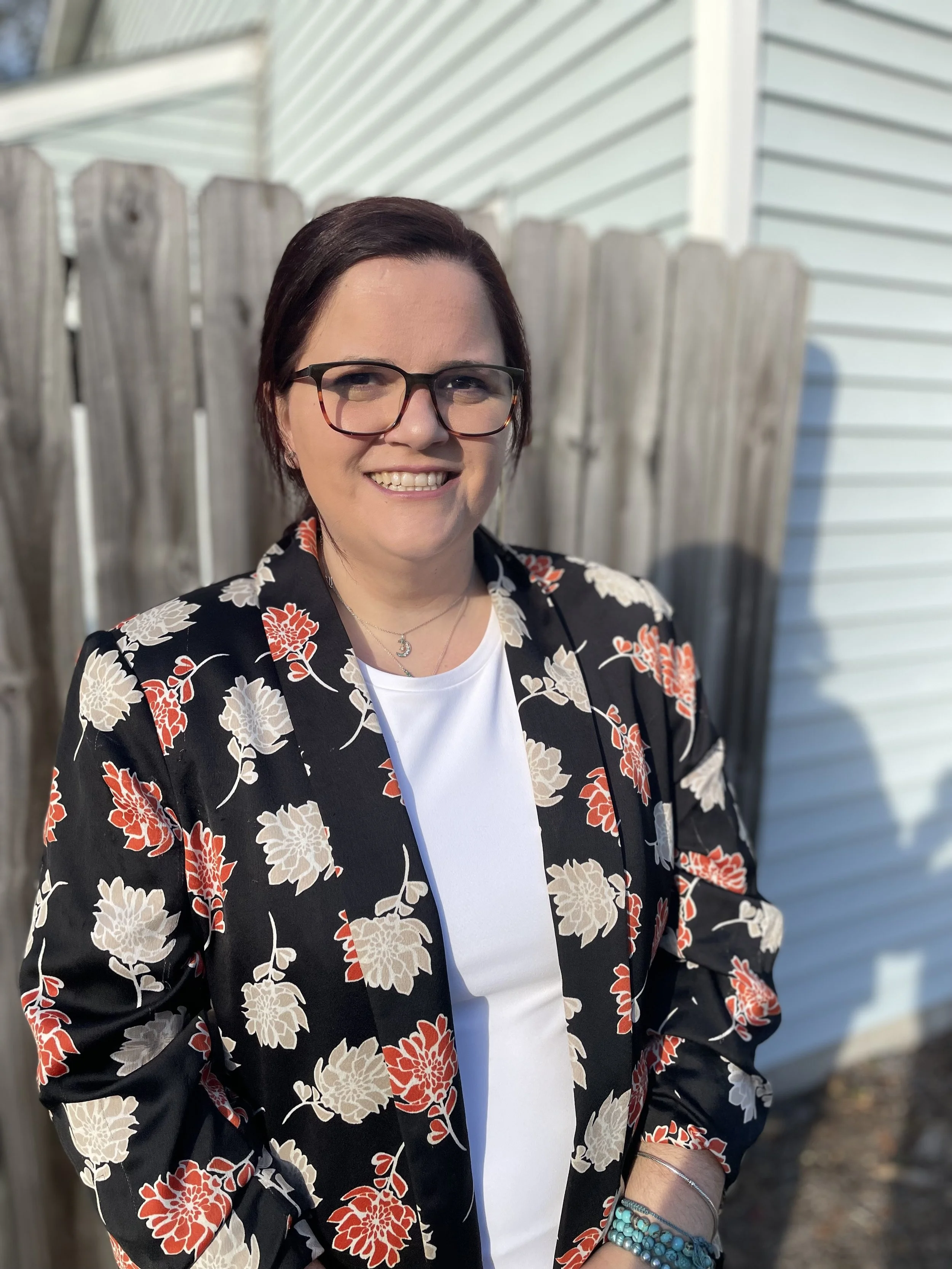What is GRG?
Get Ready Guides is an inclusive emergency preparedness company that produces unique interactive preparedness guides for communities with diverse needs. To inform the guides, members of the community and experts in their fields are surveyed regarding their needs and possible solutions. The guides and consultation sessions are informed by these surveys and by expert emergency preparedness knowledge to produce well-rounded, inclusive, and helpful material that aims to mitigate stressors that can come with living through a disaster.
About Rrose
Rrose LaMay MPH
Rrose founded GRG in 2024 while pursuing her Master of Public Health. The inspiration for this project came from her experience in disasters combined with her work with people with special healthcare needs. Rrose served as an Americorps FEMAcorps member, where she worked during and in active disasters. During this experience, she stayed in an emergency mass shelter with other disaster response volunteers. Within this shelter, she was exposed to the limitations and barriers that can come with living in that environment during an active disaster.
Throughout her career, she has worked with many populations that have diverse needs. An example of one of these populations is children with Autism Spectrum Disorder (ASD). One of the students she worked with who had ASD would commonly present violent behaviors when exposed to overstimulation. Seeing how hard it was for the student to get through the day at school (a familiar environment) made her think “What this student and their parents experience would be like if they needed to stay in a mass emergency shelter.” Thinking that this situation would be incredibly stressful and difficult for their family Rrose created her first preparedness guide. The guide Autism and Emergency Preparedness: An Interactive Guide For Caretakers and Children takes information collected from caregivers and their children with ASD and uses the data to help mitigate and prepare for some of the stressors they may encounter in a disaster and an emergency shelter. The creation of this guide led to advocates for other special health care needs communities asking for resources for their loved ones as well.

